
For Inna
CONTENTS
WESTERN MASSACHUSETTS, OCTOBER 1675
The man ran across the clearing as though the devil himself were at his heels. He stumbled and fell more than once, but each time picked himself up and struggled on, glancing furtively over his shoulder. Plunging into the tree line, he hid for a moment, crouching behind the wide trunk of a huge, gnarled oak tree. Panting heavily, he looked back toward the stockade walls of the encampment visible in the bright moonlight. And what he saw there was a scene out of hell.
The flames had spread from the outside walls to the dozen buildings inside. A storm of sparks and smoke writhed over their peaked roofs, roiling and billowing as if feeding off the pandemonium of war whoops from the Indians and the wails of their victims. Rising highest was a wooden steeple topped by a large cross, which stood out against the glare of the fire that even now was reaching upward to engulf it. And over it all shone the sterling moonlight, casting grotesque shadows against the smoke, as though the struggling figures hidden from his view were dancing in ecstasy rather than agony, celebrating some perverse Witches Sabbath.
He silently murmured a few words of what might have been a prayer, then turned his face away and rose with effort, pushing his way farther into the tangle of thornbushes and vines. The moon was hidden for a moment by the thick clouds scudding by overhead, and in the sudden darkness his vest caught on the twigs of a small sapling. He was wearing only a nightshirt beneath the vest, barefoot and bareheaded, his long white hair flying loose; against his chest he clutched a loose leather wrapping, cradling it as he struggled with the twigs, protecting it as though it were a child. Finally he freed himself from the sapling and continued stumbling on, pushing aside the underbrush with his one free hand. He paused, listening for the rushing sound of a nearby river, then struck out with renewed vigor, certain of his direction.
Moments after he left, two other figures entered the spot, moving more slowly, cautiously. As the first proceeded, he pushed aside the low branches with a small stone-and-wood hatchet, the other following in his footsteps. In the darkness their faces werent visible, but against the background glare of the burning encampment, the profile of the first was distinct: his head was bald except for a narrow strip of hair in its center running from his forehead to the nape of his neck and rising straight up several inches above his skull. The figures both stopped, crouched, listened for a moment, then followed the sounds of breaking branches and crackling leaves a few dozen yards ahead.
The man with long white hair reached a small clearing, or rather a meadow, a natural amphitheater surrounded by woods on all sides. The floor of the meadow was interrupted here and there by mounds of earth, each mound topped by stones piled in small pyramids. He stood on the edge of the clearing, uncertain whether to leave the relative cover of trees; then, with a final glance over his shoulder, he ran quickly to the nearest mound.
He immediately fell to his knees at the small monument of stones and, carefully setting aside his leather bundle, began to dig frantically beneath them. He scooped out a small cave beneath the stones. When it was large enough, he shoved the wrapping and its contents into the recess, then began to throw and pack dirt over the opening.
Suddenly he heard something behind hima distant screamand stopped his frenzied activity, looking back at the tree-lined boundary of the meadow. The moon was behind the clouds for the moment, and he saw nothing there. He turned back to his work, scraping more earth and then some leaves over the hole, then patted his handiwork one final time.
He stood and began to run to the other side of the clearing; then, pausing, he looked again at the mound, at the woods, at the moon overheadand instead turned and ran back the way he had come.
He had worked his way only a short distance into the trees again when he saw the outline of the two men who had been following rise up before him. With the moonlight obscured he could make out no details of their forms, but the black shadow of the first, his arm raised high overhead, was clear; then suddenly a break in the clouds allowed moonlight to stream through the branches, and he saw the necklaces of teeth and beads around the mans neck, the simple leather loincloth, the hide moccasins and the glint of stone in the small hatchet held ready to strike.
Frozen, he raised his right arm in defense, or perhaps to block the moonlight streaming through the window in the clouds. His assailant came closer, and leaned over him, bringing his face fully into the moonlight. It was then the crouching mans expression turned from one of simple terror to utter astonishment, and his mouth gaped open in silent surprise.
Judas, he whispered.
Then the second man came closer, and his face, too, became visible. Beneath the crude stripes of war paint and smudges of smoke, above him was a face that shone in the moonlight, a face with blue eyes. A face as white as his own.
SOUTHEASTERN SIBERIA, OCTOBER 1968
The man walked briskly down the hallway, glancing back over his shoulder occasionally. His footsteps made no sound, as he was wearing low rubber slippers pulled over his black shoes. He came to a dooroval-shaped and with a large metal wheel in the center. He stood for a moment, his hands on the wheel, looking back the way hed come.
The hallways ceiling and walls were curved, and at irregular intervals the entire corridor bent first right then left at sharp angles, like some huge, painfully contorted snake. Parallel rows of pipes and conduits ran along the walls. Ceiling, walls, floor, pipesall were painted a uniform pale gray. Harsh fluorescent lights in the ceiling made everything shine, as if slightly wet. A stenciled word over the door read  (Officer Barracks).
(Officer Barracks).
He turned the wheel and pulled the door open with some effort, stepped into the small room, then pulled the door closed behind him, locking it with a spin of the wheel. The rooms walls and ceiling were curved, too, making it cramped. There was only enough room for two small metal cots, two upright metal wardrobes, and a small metal desk. He went to the cot next to the wardrobe marked  (Leverotov) and sat down.
(Leverotov) and sat down.
He was wearing a military uniform: a sea green jacket over similarly colored tunic and pants, a blue beret, and a brown leather gun belt buckled around his waist. The only insignia on the entire uniform were brass pins, one on each collar: two crossed cannons, the symbol of the artillery.
Reaching inside his tunic pocket, he extracted two objects: a green-and-blue pack of cigarettes and a small wooden box of matches. The cigarette pack read  (Shipka) in white letters against a green background, with a picture of a square monument rising in exaggerated perspective into the sky. The number 1877 was printed on the side of the monument. The matchbox cover displayed a simple drawing: two raised hands, one with a hammer and the other with a sickle, and a miniature rocket arcing over them.
(Shipka) in white letters against a green background, with a picture of a square monument rising in exaggerated perspective into the sky. The number 1877 was printed on the side of the monument. The matchbox cover displayed a simple drawing: two raised hands, one with a hammer and the other with a sickle, and a miniature rocket arcing over them.
He sat for a moment looking at the cigarettes and matches.
The faint squeaking of footsteps in the hallway brought his head up, his eyes concentrating on the wheel of the door. The footsteps grew closerthen passed by.
He opened the matchbox, dumped the matches on the cot, and removed the boxs cover. He took a small pencil from his pocket and began carefully drawing something on the inside bottom of the boxlines, some in sharp wriggles, others straight, a tiny dot and rectangle, some other symbols. It was painstaking work, and soon he was sweating, even though the room was chill with recycled air.
Next page


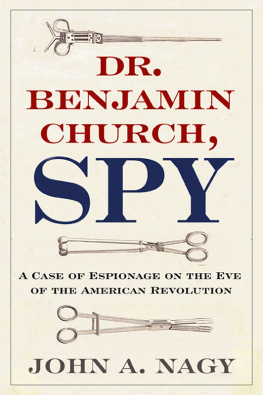
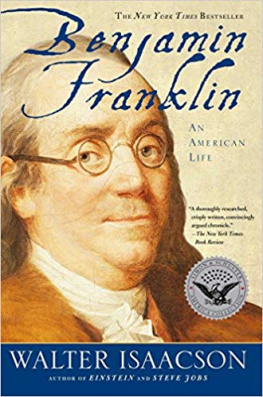
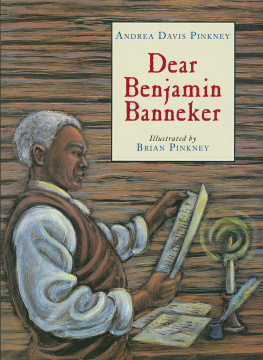
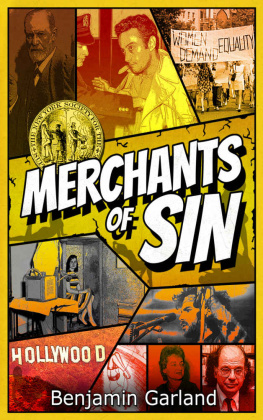

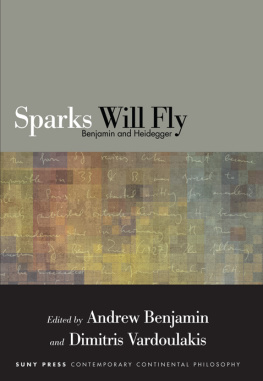
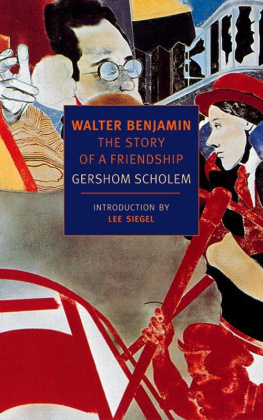



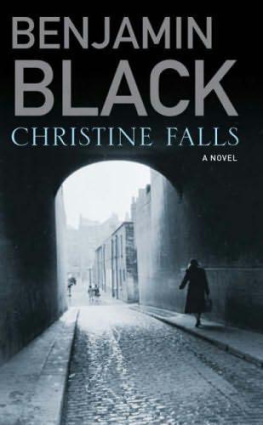

 (Officer Barracks).
(Officer Barracks). (Leverotov) and sat down.
(Leverotov) and sat down. (Shipka) in white letters against a green background, with a picture of a square monument rising in exaggerated perspective into the sky. The number 1877 was printed on the side of the monument. The matchbox cover displayed a simple drawing: two raised hands, one with a hammer and the other with a sickle, and a miniature rocket arcing over them.
(Shipka) in white letters against a green background, with a picture of a square monument rising in exaggerated perspective into the sky. The number 1877 was printed on the side of the monument. The matchbox cover displayed a simple drawing: two raised hands, one with a hammer and the other with a sickle, and a miniature rocket arcing over them.